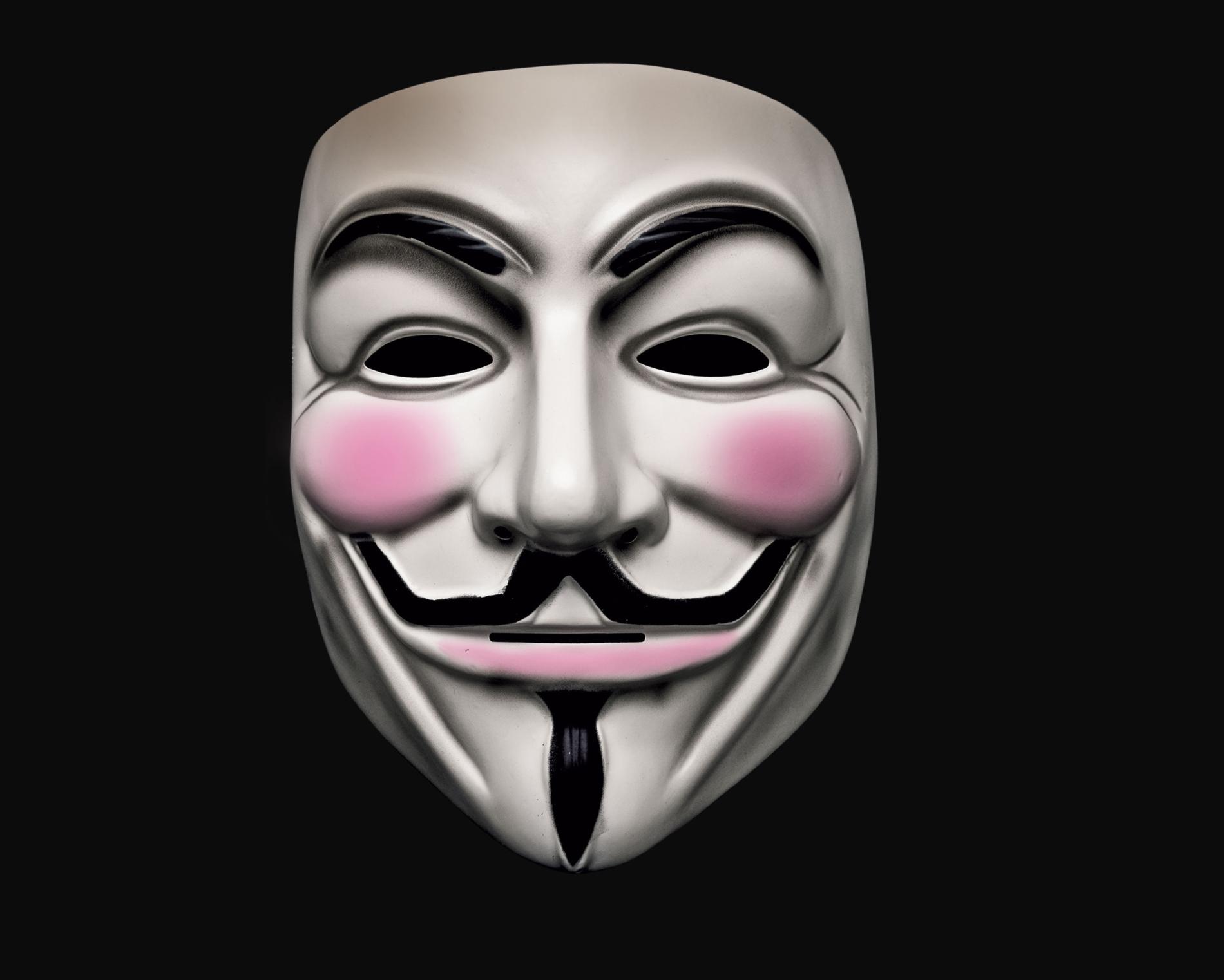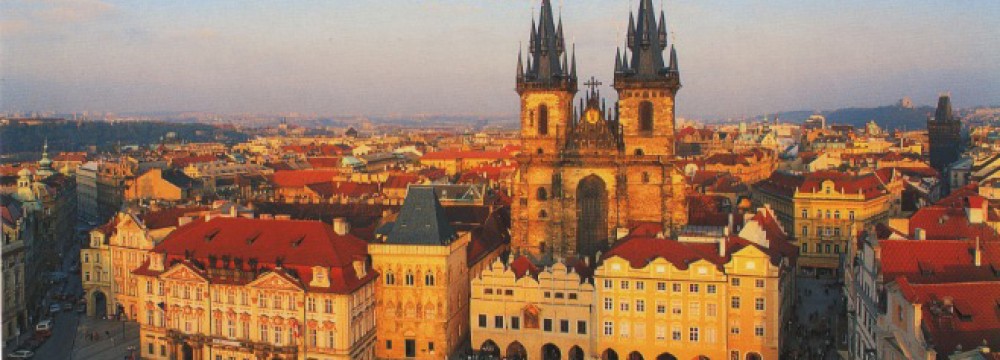
In the 2005 film “V for Vendetta,” Hugo Weaving’s character wears a Guy Fawkes mask.
November 5 is celebrated as Guy Fawkes’ Day in Britain. It is the anniversary of the failed “Gunpowder Plot” to blow up the Houses of Parliament and King James I in 1605.
Guy Fawkes was a member of a group of provincial English Catholics. He travelled to Spain to seek support for a Catholic rebellion in England without success. He later met Thomas Wintour, with whom he returned to England. Wintour introduced Fawkes to Robert Catesby, who planned to assassinate King James I and restore a Catholic monarch to the throne. The plotters leased an undercroft beneath the House of Lords and Fawkes was placed in charge of the gunpowder they stockpiled there. Prompted by the receipt of an anonymous letter, the authorities searched Westminster Palace during the early hours of 5 November and found Fawkes guarding the explosives. Over the next few days, he was questioned and tortured and eventually confessed. Immediately before his execution on 31 January, Fawkes jumped from the scaffold where he was to be hanged and broke his neck, thus avoiding the agony of the mutilation that would have followed.
The night of November 5 is celebrated with bonfires and fireworks. Every year people throw scarecrow-like effigies of Guy Fawkes onto bonfires, and each year new effigies reappear only to be consumed by fire as well. Is it possible that the witty author of the Harry Potter books, J.K. Rowling, named Professor Dumbledore’s pet phoenix Fawkes after Guy Fawkes? For legend has it that each year the phoenix bird bursts into flames only to be reborn out of the ashes.

Thanks for reminding your followers of the origin of this tradition. I had it in mind to create a similar post and suggest that perhaps, after 400+ years it is time to call a halt. In an age when criticism of Israel’s illegal occupation and continuing settlement of the West Bank of the Jordan can be interpreted as antisemitic hate speech, what does the burning of an effigy of a Catholic martyr say about our respect for other religious beliefs or our understanding of our own history?
WELL SAID!!
Thank you, Jeff!